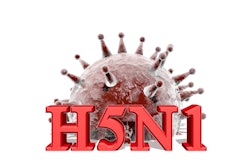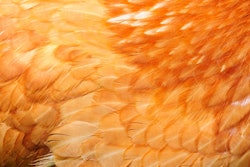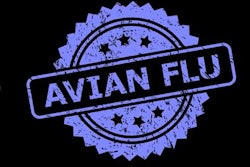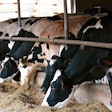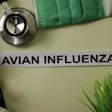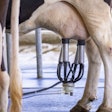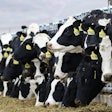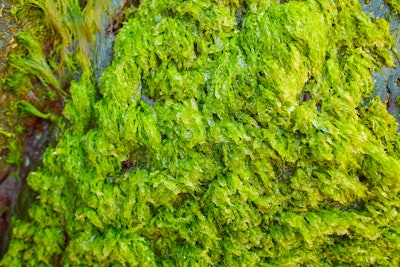
New research from the University of Delaware will probe the potential of algae-derived compounds to combat the spread of low pathogenicity avian influenza (LPAI) in poultry.
A previous collaboration between the University of Delaware and Zivo Bioscience revealed that feeding the compound to poultry could significantly reduce viral shedding and delay disease transmission.
"The University of Delaware is a preeminent institution in animal science research and we look forward to continuing our collaboration to advance understanding of how our active ingredients can combat avian influenza," said John Payne, chairman and CEO of ZIVO Bioscience.
LPAI causes only mild symptoms, is slower to spread and has lower mortality than highly pathogenic avian influenza (HPAI). However, it can still lead to decreased egg production, negatively impact flock health and lead to trade restriction due to its ability to mutate into the more pathogenic form of the disease.
Phytogenic feed additive
The algae-derived compound is considered a phytogenic feed additive. Phytogenics are plant-based compounds with antioxidant, anti-inflammatory and antimicrobial effects.
Algae (spirulina) is high in protein, vitamins and essential fatty acids. It has often been shown to improve the nutritional value of poultry feed and enhance pigmentation, particularly in egg yolk and skin, which could make it a good alternative feedstuff for poultry.
Refining the process
The current study, led by Brian Ladman, senior scientist in the Department of Animal and Food Sciences at the University of Delaware, aims to further optimize formulations and treatment protocols.
“By leveraging active components from our proprietary algal cultures in new indications, we aim to develop effective, natural alternatives to traditional treatments, thereby addressing the significant challenges in animal health of cost and drug resistance,” added Payne.


